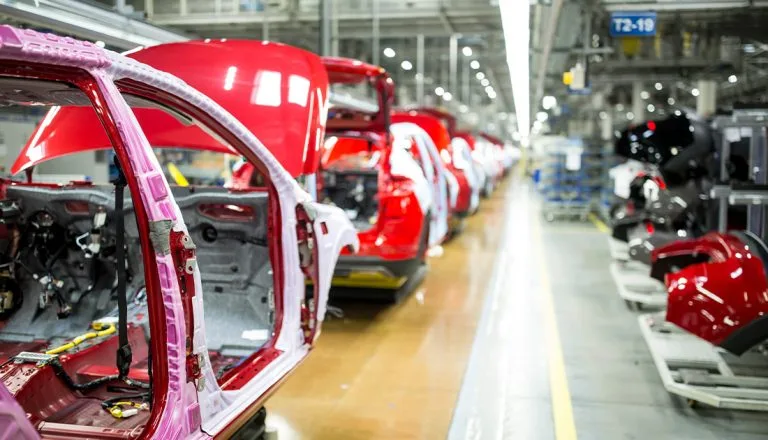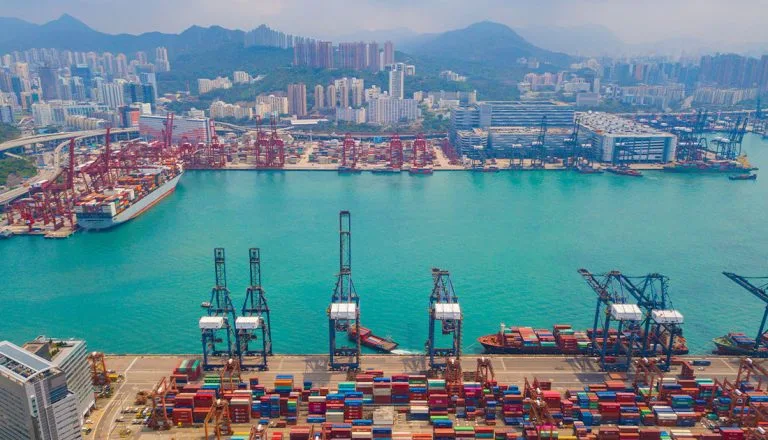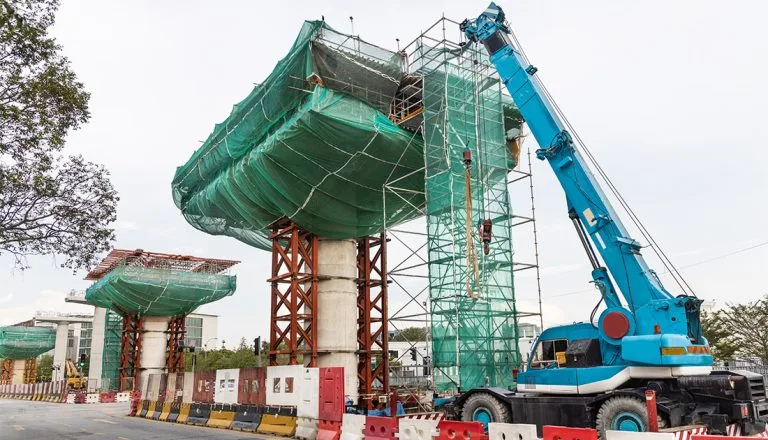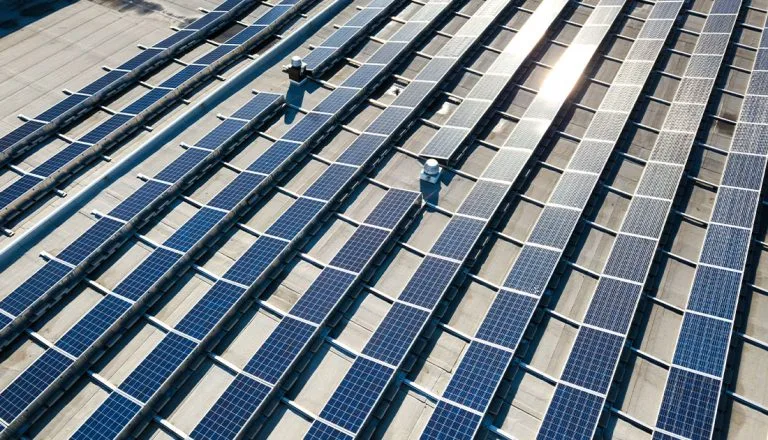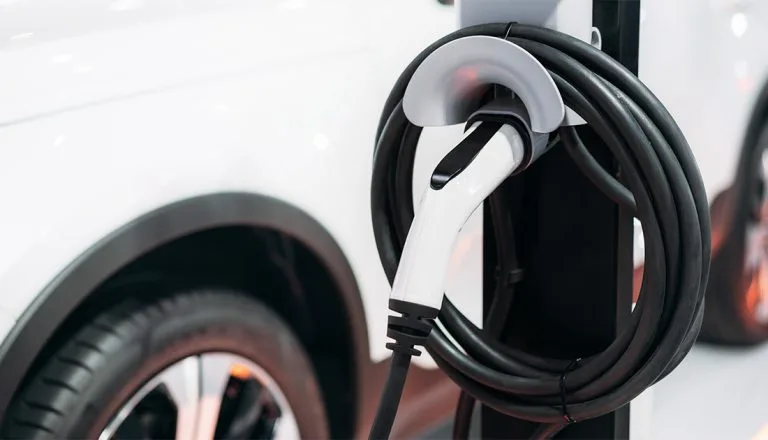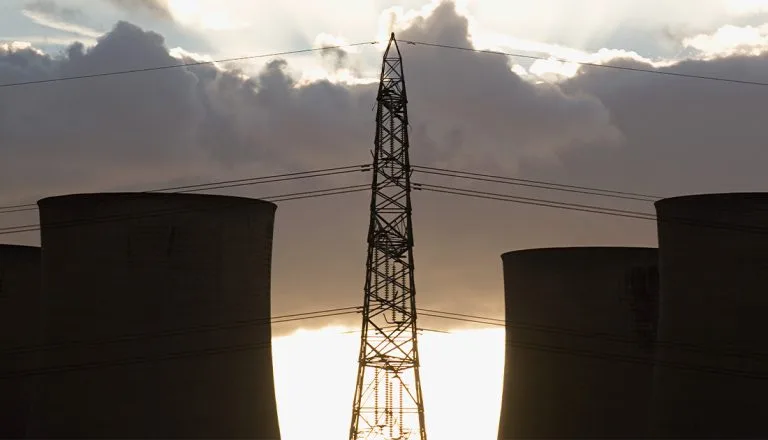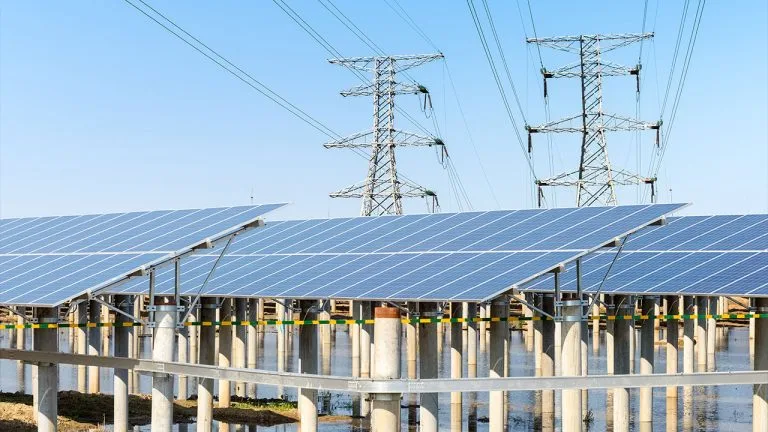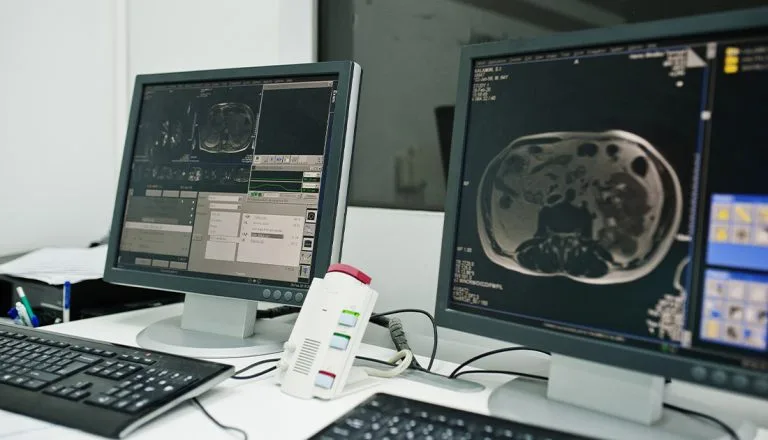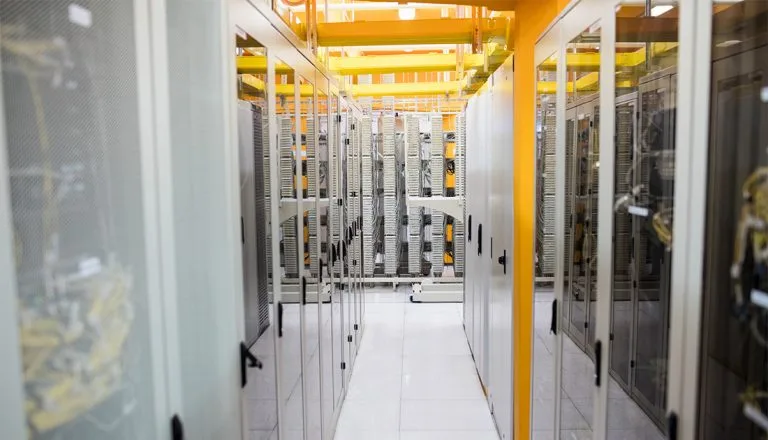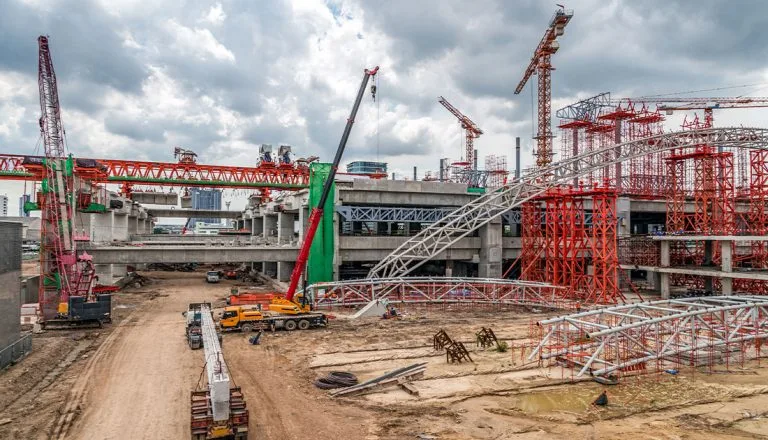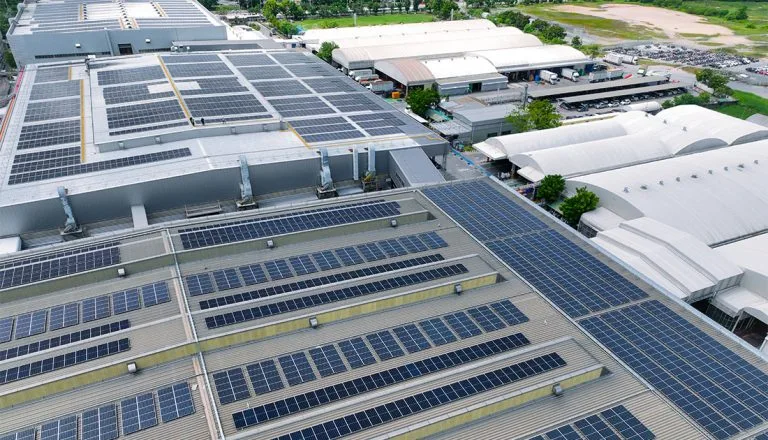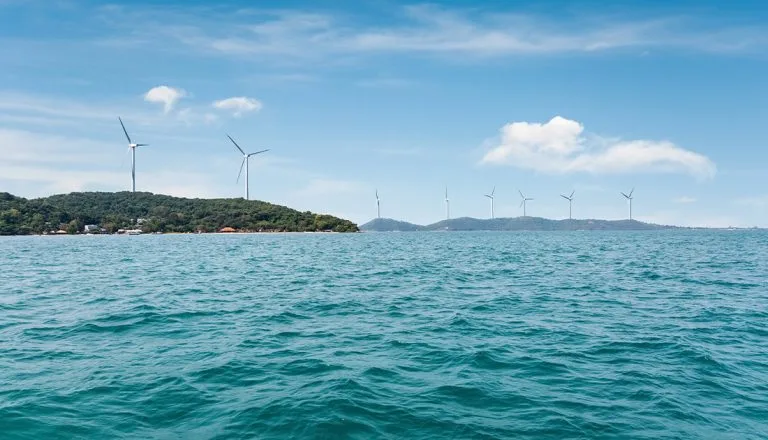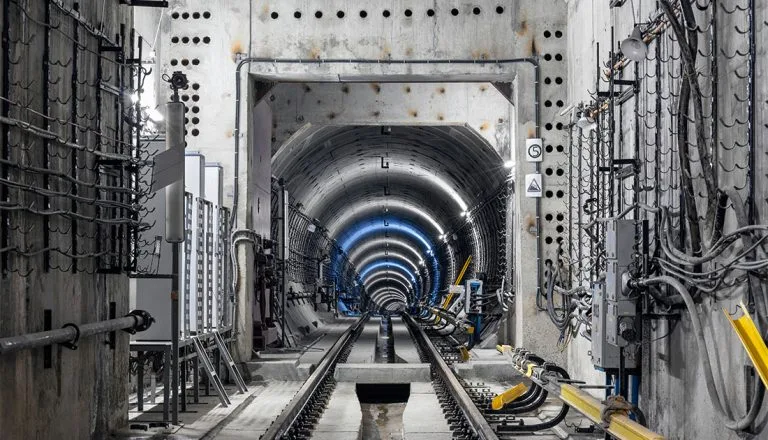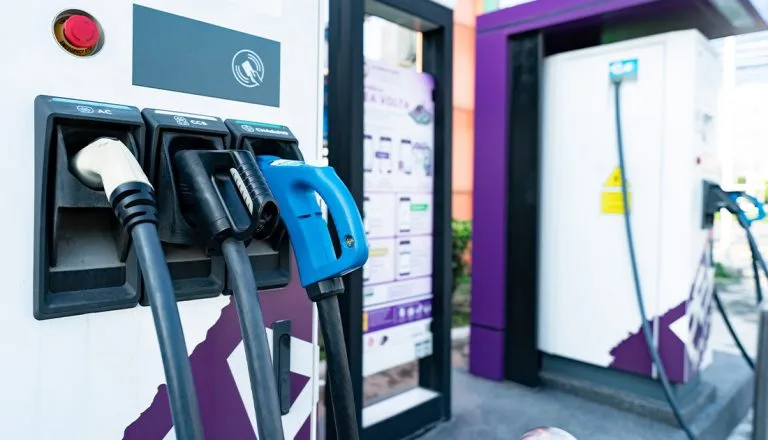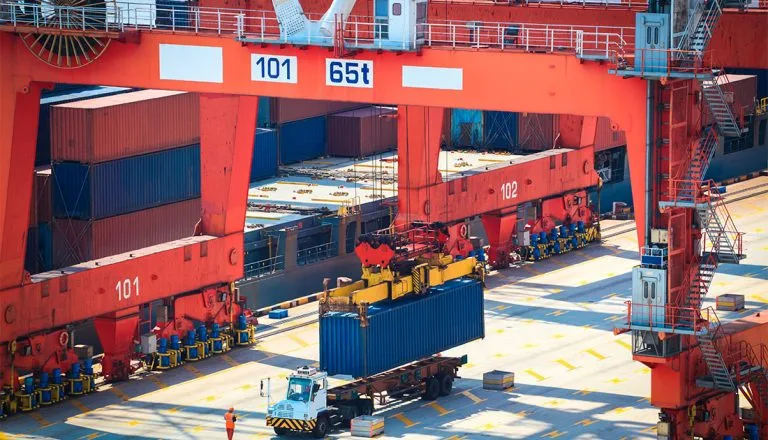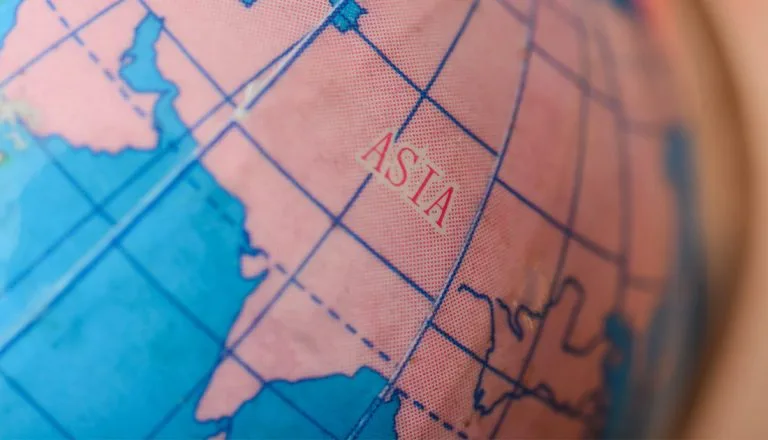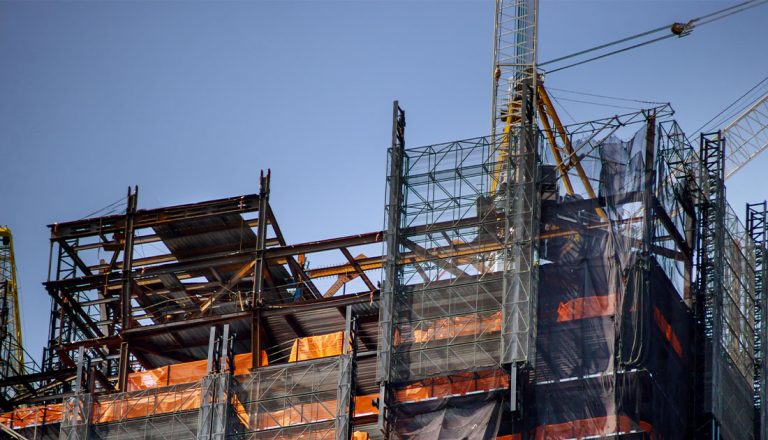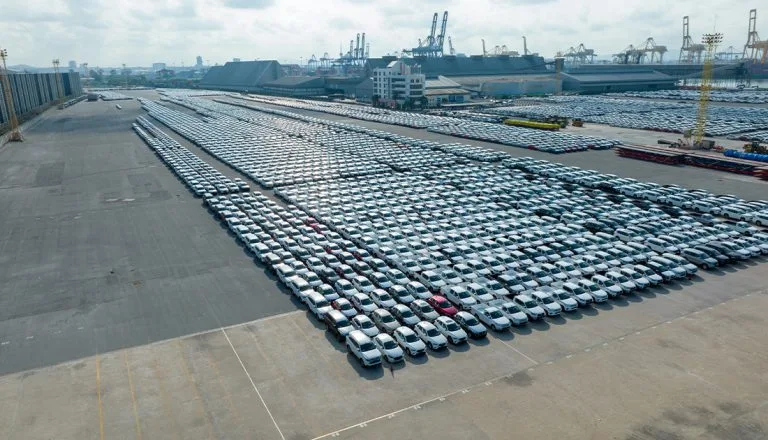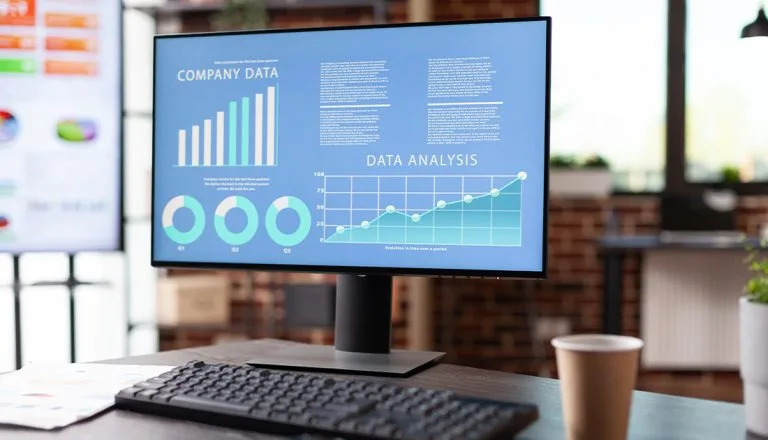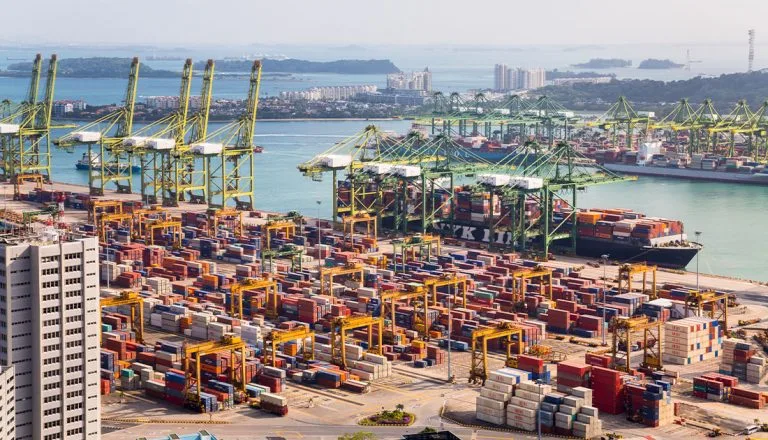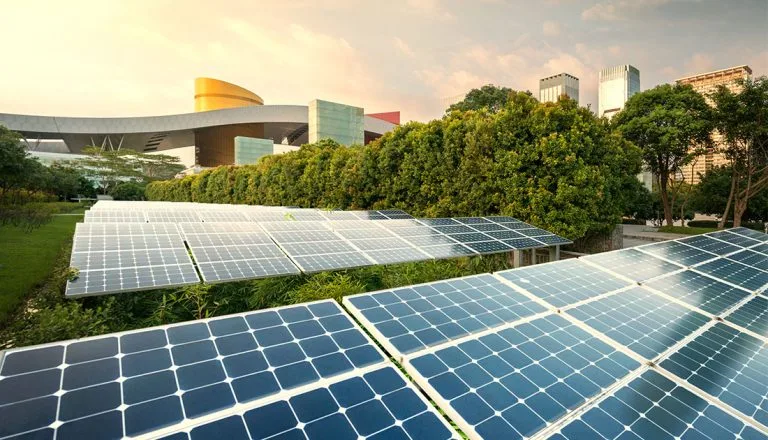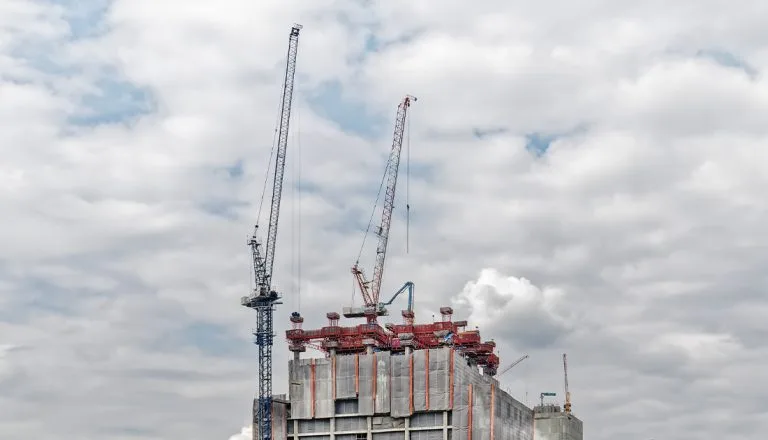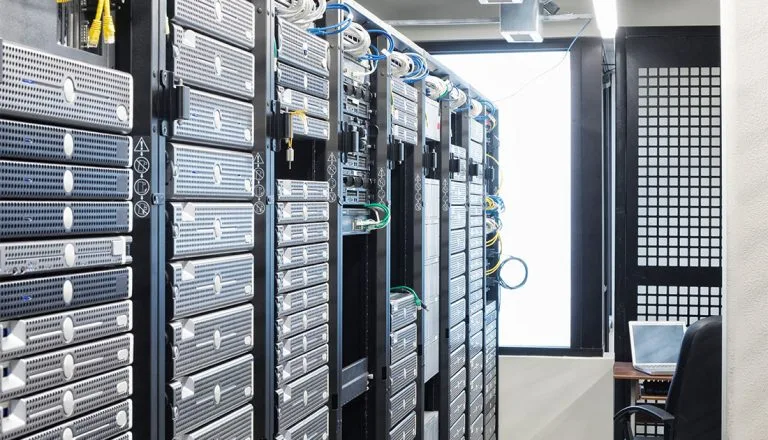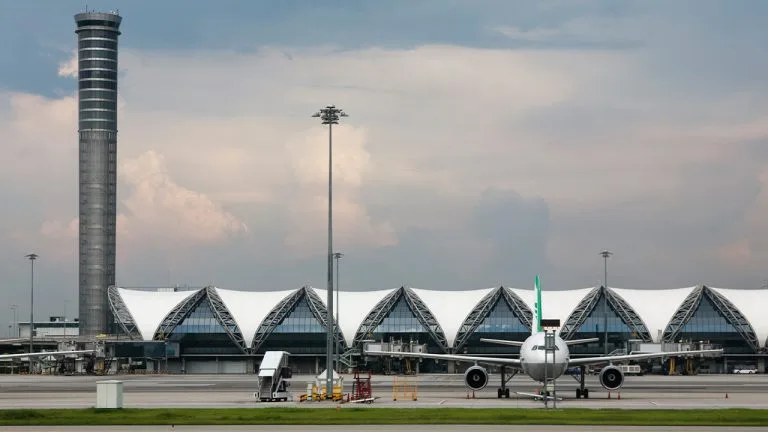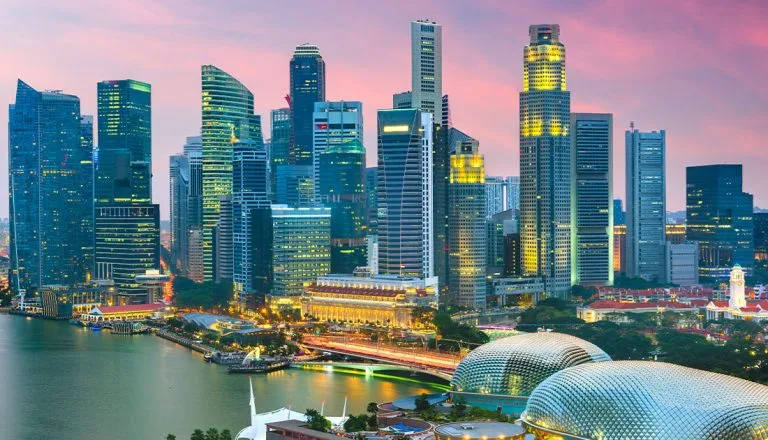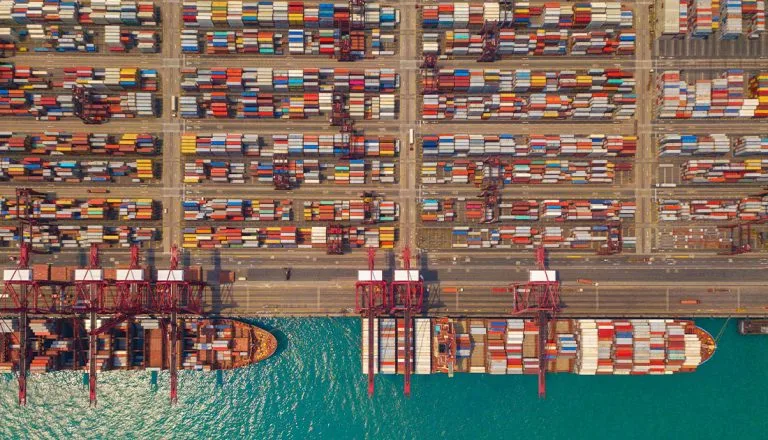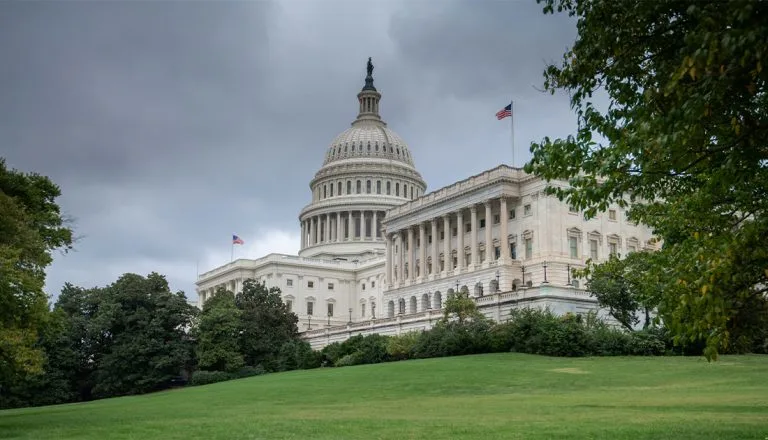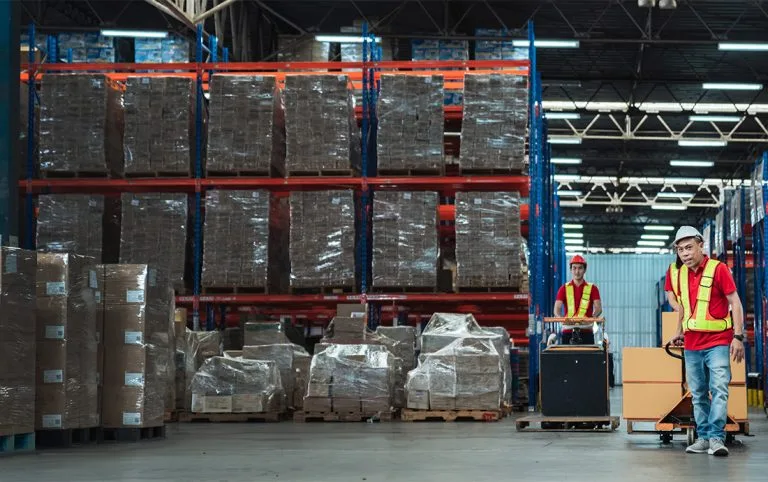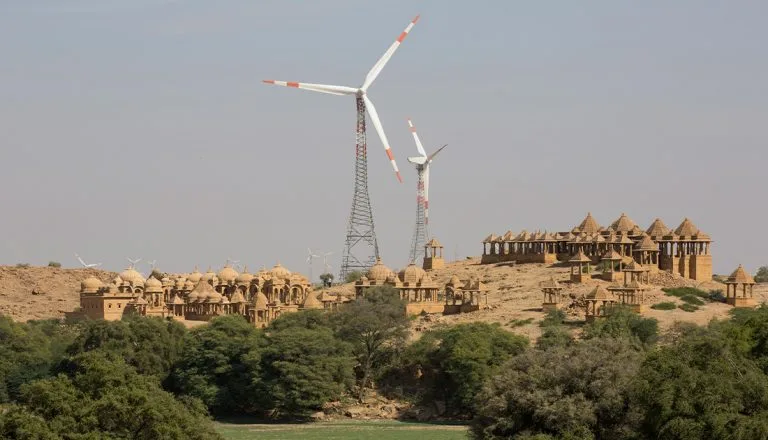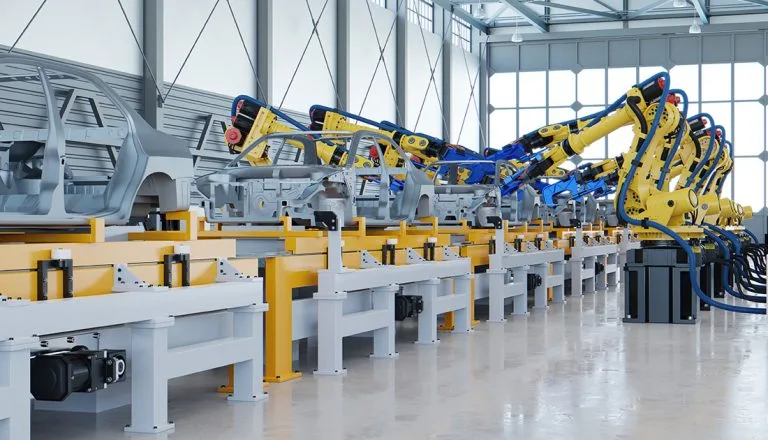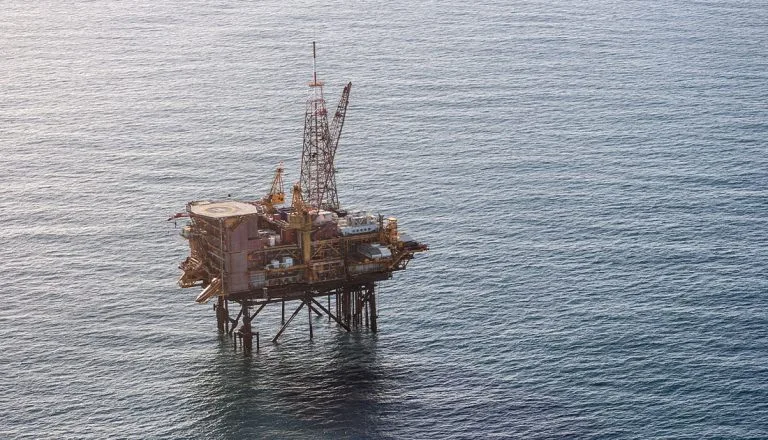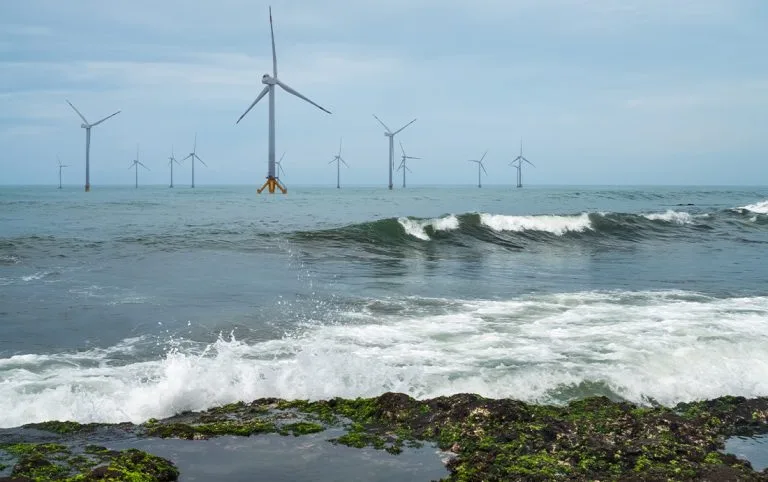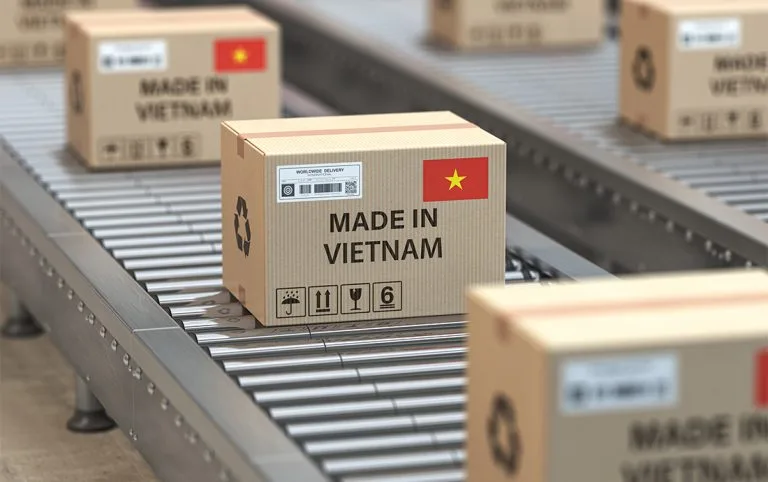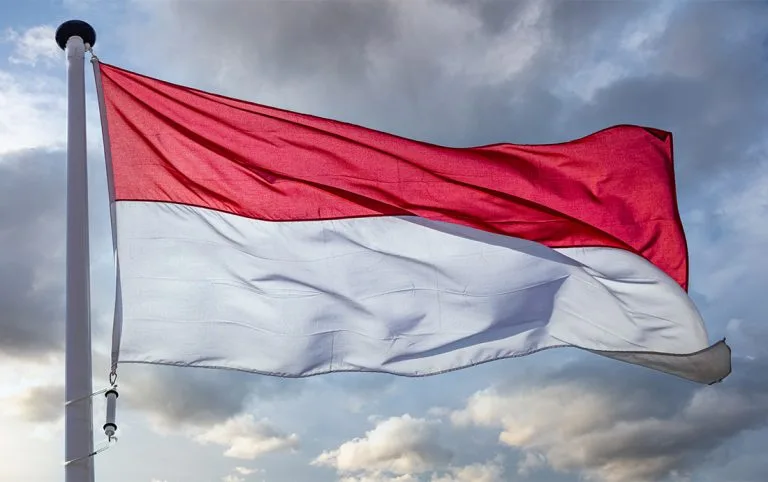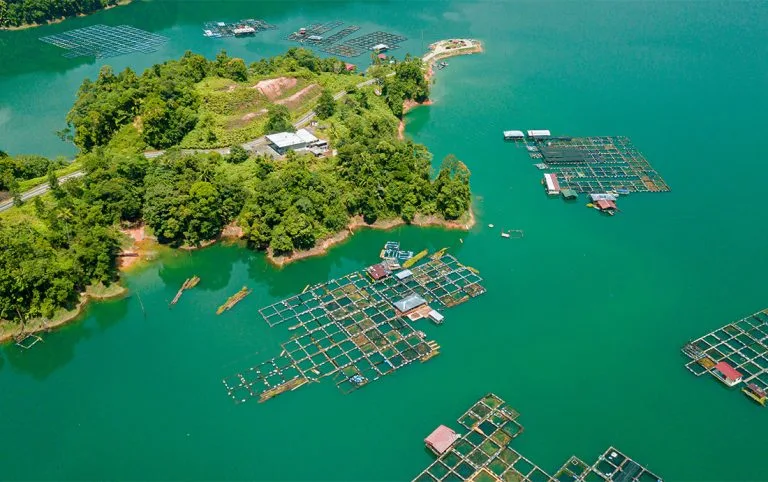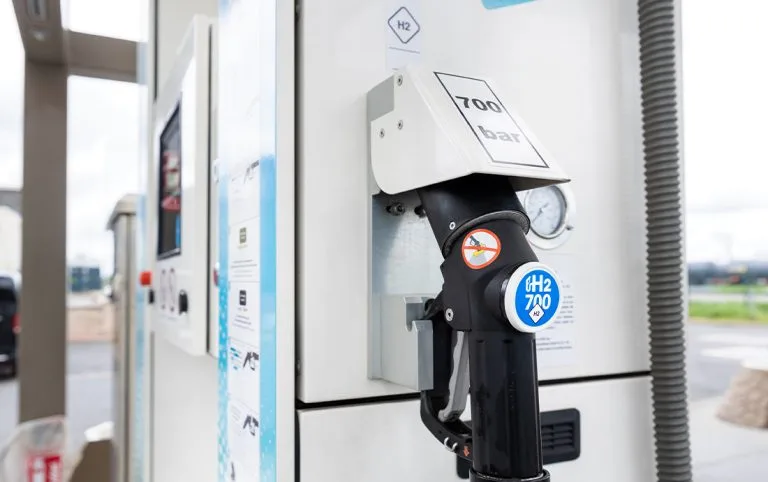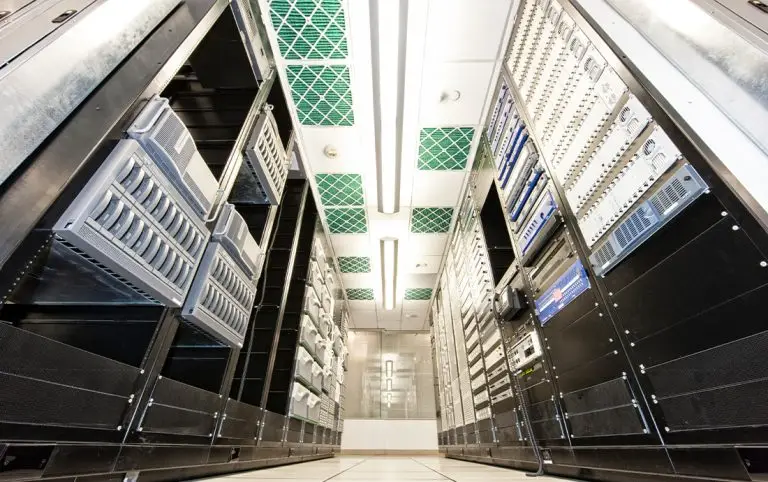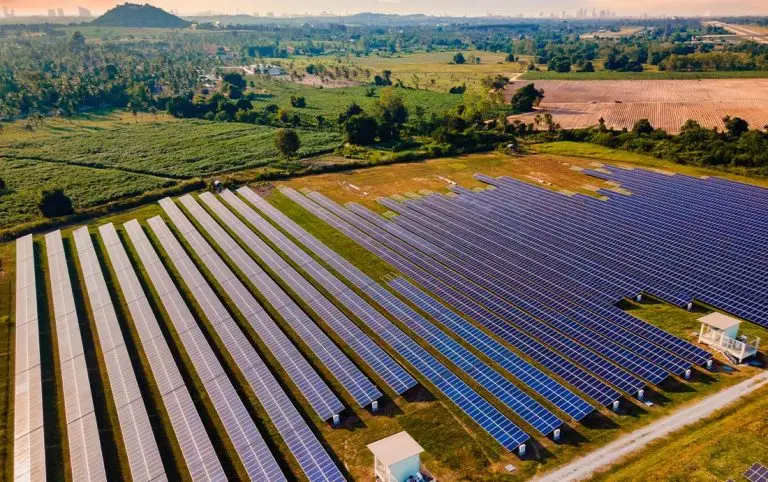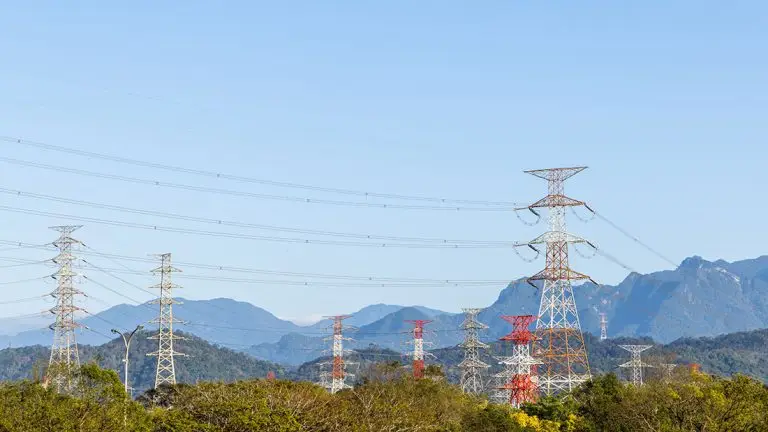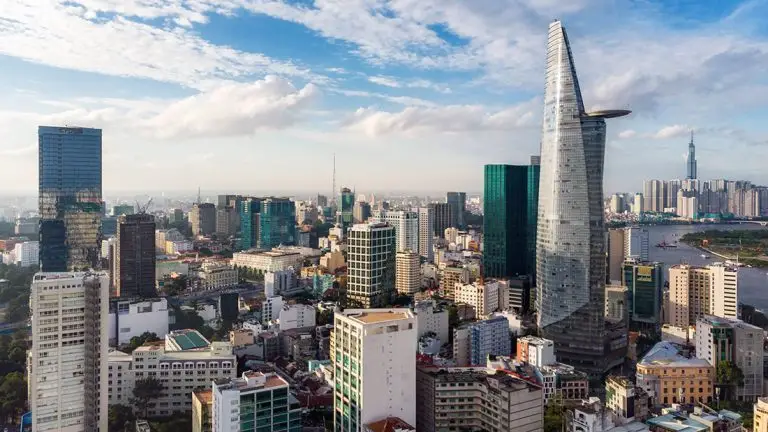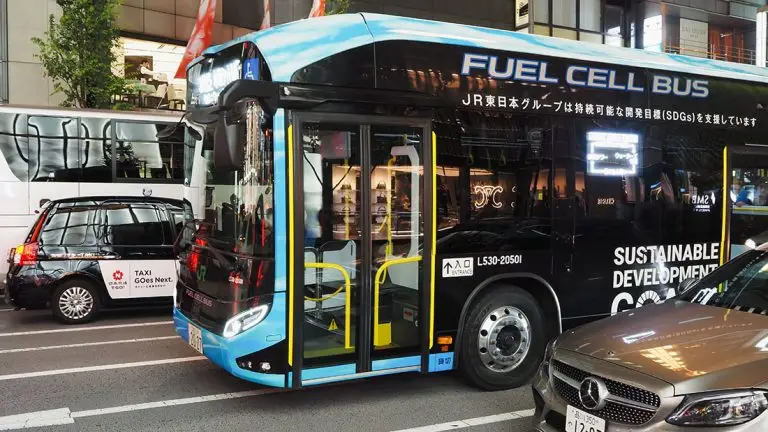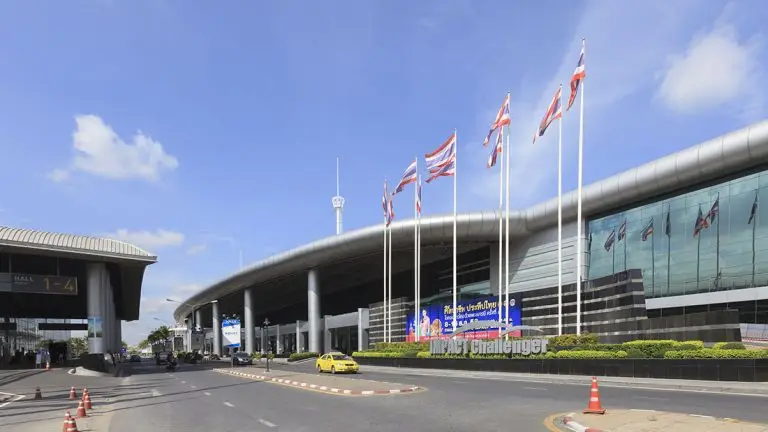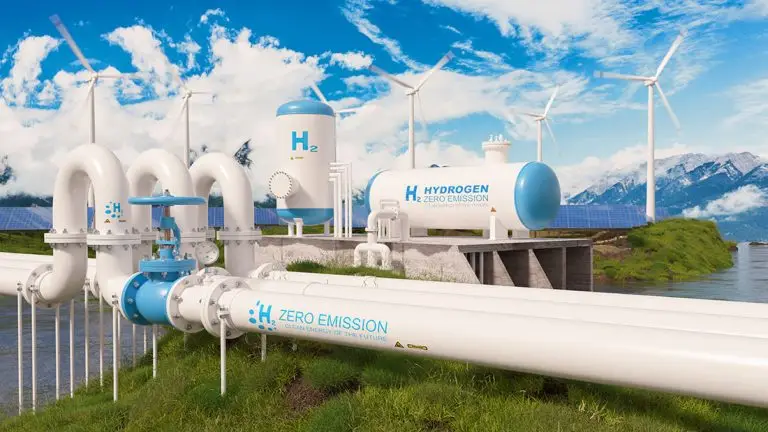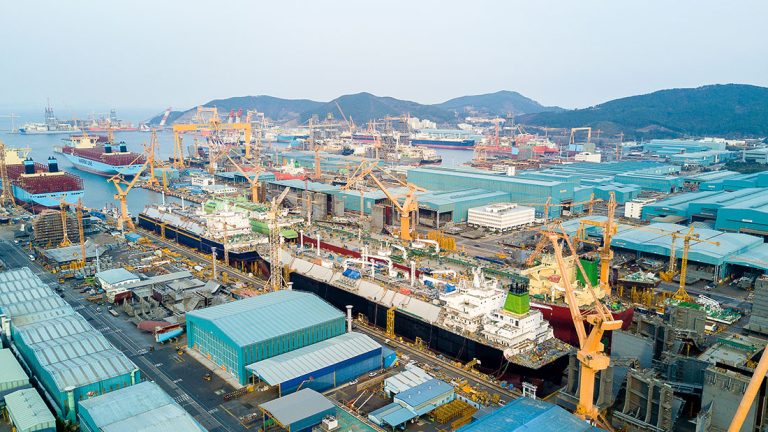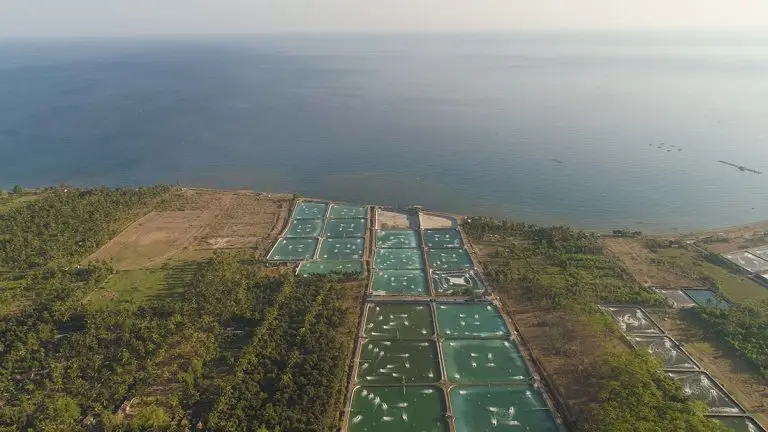- Malaysia received nearly USD15 billion in foreign investment during the first quarter of 2025
- Notable foreign investments have occurred in the semiconductor, data centre, logistics and automotive sectors this year
- The government offers incentives and tax exemptions to overseas firms in several industries
Talks of tariffs and trade wars generated significant headlines during the first few months of this year. It was not all doom and gloom, however. Malaysia is an example of that. Foreign investment across various sectors surpassed USD14 billion in the first quarter and is projected to remain steady during the remainder of 2025. Asian Insiders Malaysia Partner Germain Thomas explores who is investing and what makes the country attractive to global enterprises.
When the Malaysian Investment Development Authority (MIDA) announced almost MYR90 billion (USD21 billion) in approved investments happened during the first quarter of this year, there was surprise. Especially considering close to 70 percent, or more than MYR60 billion (USD14 billion), was made by foreign firms.
Global investment sentiment has been bogged down by geopolitical issues and macroeconomic challenges. Protectionist policies in certain markets have caused concern. Supply chain disruptions remain an ever-present threat in light of world events.
Yet, Malaysia has retained its status as an investment destination. There are reasons for its popularity. Chiefly, the country remains open to foreign investment and has numerous policies in place to support market entrance or expansion. These vary by sector but include tax incentives, simplified regulatory processes, and free trade zones.
The domestic economy has been negatively impacted by global trade concerns. First quarter economic growth came in below original forecasts, and the International Monetary Fund has since lowered its yearly projection to 4.1 percent. However, causes for optimism remain.
In addition to increasing investment, private consumption rose by five percent during the first three months of 2025. The government is also expected to implement mitigation measures against tariffs once the situation stabilises.
Industries and who’s investing?
There are a few industries in Malaysia leading the way when it comes to foreign investment. Here is a brief look at some of the most promising and the overseas firms entering or expanding their presence in each.
Semiconductors
The semiconductor sector in Malaysia is extremely promising. The government identified its importance and has rolled out a range of incentives and tax exemptions to attract foreign investment. It is already a hub for APT activities, and the country has begun developing capabilities in both wafer fabrication and chip design.
In March 2025, the country reached an agreement with UK-based ARM Design to obtain chip design plans that can be utilised by local firms. The USD250 million deal, to be paid out across the next 10 years, is expected to provide Malaysia with the knowledge and capabilities needed for advanced chip production.
ASE: Taiwan’s ASE opened its fifth plant in Penang earlier this year. The chip packaging and testing facility is further proof of the region’s importance in the semiconductor value chain.
JHT Design: Chinese firm JHT Design launched a manufacturing facility in Penang under its wholly-owned local subsidiary.
Data centres
Data centres are now one of Asia’s most prominent sectors for investment. Malaysia is promising due to its strategic location and supportive landscape. Cushman & Wakefield believes the country will become one of the largest markets in all of Asia by 2030.
Overall, 40 facilities have been approved this year with 20 under construction. The Digital Ecosystem Acceleration Scheme has been one of the most important programmes promoting development. Foreign firms invested roughly MYR102 billion (USD21.8 billion) in the sector since 2021.
Looking ahead, green solutions are increasingly in demand as the country looks to meet climate targets. The Malaysian government is crafting new sustainability guidelines for data centres which will see the need for technologies that allow facilities to utilise renewables grow. Improving water access and efficiency in its usage is crucial as well.
An example of planning can be found in Johor. Malaysia is building three reservoirs and three water treatment plants, partly to ensure the state’s data centres have reliable access.
Amazon Web Services: As part of its USD6.2 billion investment in Malaysia, Amazon Web Services will build several new data centres across the country between now and 2038.
Microsoft: Microsoft committed USD2.2 billion to build three hyperscale data centres in Greater Kuala Lumpur and Johor. It’s the tech giant’s largest single investment in the country.
AirTrunk: Australian player AirTrunk announced it was building a second data centre in the Johor-Singapore Special Economic Zone. The two facilities have a combined investment value of more than USD2 billion.
Automotive
The automotive sector is vital to the Malaysian economy. The government has introduced measures to stimulate local manufacturing and modernise the industry. MIDA has launched incentive programmes to encourage foreign investment, and several overseas players have since taken advantage of these.
Local officials still seek additional foreign direct investment in auto production, part manufacturing and EV infrastructure. Car sales reached a record high in 2024, but the figure is expected to decline this year. That being said, demand for battery EVs should continue to grow.
Chery Automobile: China’s Chery Automobile announced a joint venture with Legenda Beringin to build a USD520 million automotive industrial park in Selangor.
Logistics
The creation of the Johor-Singapore Special Economic Zone has seen a number of companies relocate facilities in Singapore to Malaysia due to larger spaces, among other reasons. This is not an either-or situation. Instead, more collaboration is being developed between the two countries in terms of logistics.
Next up, Malaysia is exploring solutions that can provide more efficient operations in warehousing and logistics with AI, automation and data analytics all of interest. Additionally, specialised solutions, such as cold storage and transportation, are needed.
DHL: The global outfit is best known in Malaysia for its semiconductor logistics. DHL recently invested almost USD50 million to build a Penang Hub which included advanced automation technologies.
JWD Asia: At the start of 2025, Singapore-based JWD Asia and Swift Haulage announced a joint venture agreement to create a cold chain logistics company in Malaysia.
Malaysia remains a foreign investment hub
Malaysia remains a stable location for foreign investment even during times of uncertainty. The government has been clear that it will not choose sides in the ongoing US-China trade dispute. In fact, Prime Minister Datuk Seri Anwar Ibrahim has gone on record to say the country welcomes FDI from any nation.
In 2025 alone, Malaysia unveiled plans to increase cooperation with France on artificial intelligence, Bahrain on semiconductors and Japan on green hydrogen, to name a few. Widespread economic ties and a commitment to global trade provide confidence to overseas companies.
From a political perspective, the country has pursued a path of neutrality. Over the past few months, Prime Minister Anwar met with Russian President Vladimir Putin, partook in a state visit to France featuring talks with President Emmanuel Macron, hosted Chinese President Xi Jinping. Successful talks with the US resulted in Malaysia signing a trade deal both sides seem content with.
International enterprises seeking to learn more about the opportunities available in Malaysia and how to best utilise incentives and programmes targeting foreign investment should consult with a market entry specialist, such as Asian Insiders. We can help you better understand what is needed to flourish in the country and place your organisation on the road to success.
Malaysia offers a breadth of foreign investment opportunities. To learn more, please get in touch with Germain Thomas, Malaysia Partner: germain.thomas(at)asianinsiders.com or Jari Hietala, Managing Partner: jari.hietala(at)asianinsiders.com.







